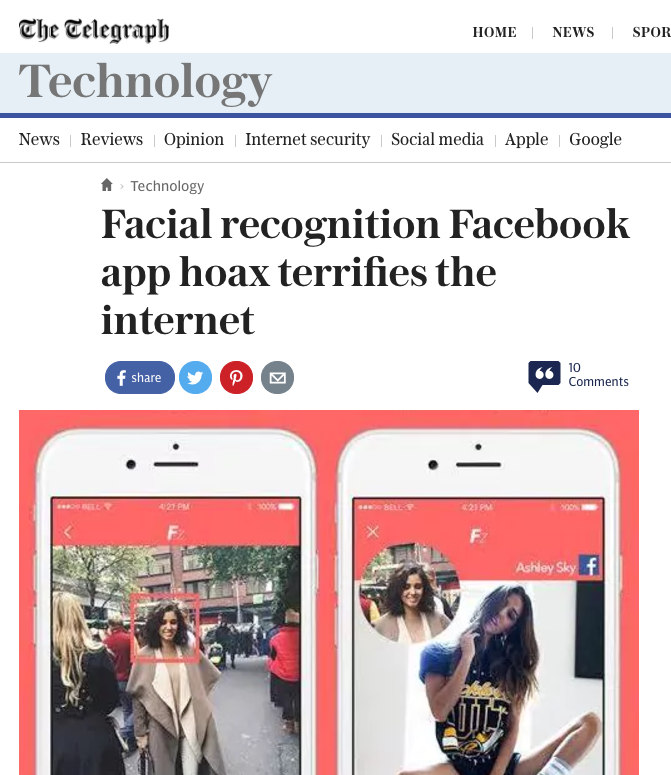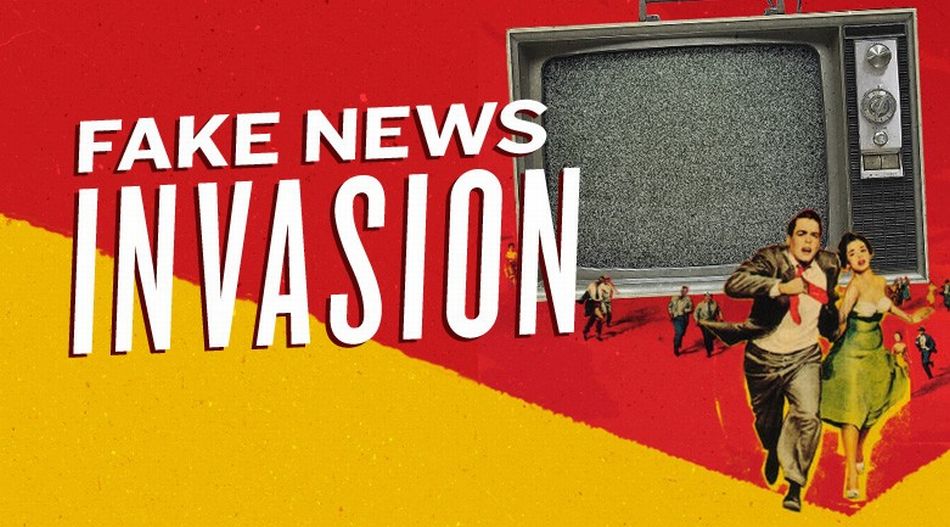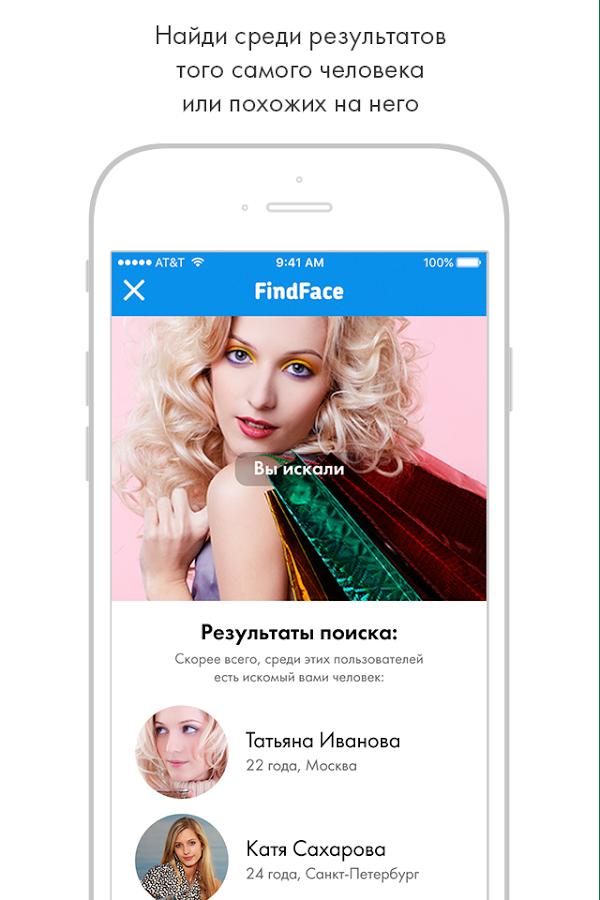I can't believe this one piece of #FakeNews tricked EVERYONE!
It was the announcement that had the internet on the brink of comment wars. A real coming-to-life of the deepest, darkest thoughts of Black Mirror creator, Charlie Brooker. It was...Facezam.
The 'zam', reminiscent of music recognition service Shazam, was the key to understanding the concept. In short, you, I, or just about anyone really, could take a photo of literally anyone and the Facezam mobile app would search its database of billions of Facebook profile pictures to tell you who they were. This revolutionary tech had a 70 per cent accuracy rate, unless the face in the photo was obscured by a hat or some other piece of clothing. In that case, it fell to a lower, but still very impressive, 55 per cent recognition rate. To be released on March 21st, 2017, it promised to be the official 'end of privacy'.
Except...no. As it turned out, the whole thing had been a giant marketing hoax. And some two whole weeks before April Fools Day too. A viral marketing firm, out to prove that they could talk the talk AND walk the walk certainly did that. In the three days that passed from the initial announcement to its revelation as #FakeNews, the story had blown up and internet comment threads along with it. I had also made the fatal error of reporting it on my Wednesday radio show - Strike One for me.
A huge majority of the people who read the article seemed genuinely concerned by the privacy questions that such a facial recognition app would pose. Sure, it might be great to get the name of that cute coffee shop barista who you've always been too shy to talk to, but what if instead of you and your boyish/girlish charms, it was a stalker with a murderous past? Nevertheless, this didn't stop the people on the other side of the argument (including my radio show co-host) from emphasizing the benefits that such an app could bring, especially in the field of law enforcement.
While we can all now quieten down and get ready for the next internet scandal, the whole Facezam incident raised three questions in my mind:
How did this story spread so fast, despite it being based on nothing of substance?
Within an hour of the story breaking on March 14th, it was everywhere. And I mean EVERYWHERE. The evidence is being swept under the rug now, by members of the new and mainstream media alike, embarrassed at being taken in. (Check out this URL - http://www.esquire.co.uk/culture/news/a13708/facezam-app-facebook-photo/ - click to find a mysteriously broken link). Many news agencies have replaced their stories with *UPDATED* versions (Telegraph, Breitbart), but the real question is why no-one stopped to check it in the first place?
Facebook, for all their faults, have made it very clear that any app attempting to scan Facebook for external use is prohibited. Facezam, had it been real, is surely a perfect example of an app that Facebook would never permit. Why didn't this ring any more bells? Especially at the tech media companies?
Once again, it brings into question the verification process behind many stories in the media. In such a rush to get their story out first, fact-checking and careful deliberation are increasingly taking a back seat. Thank goodness this wasn't a hoaxed terrorist attack, am I right?
Why did everyone find this so believable?
This question, thankfully (or not), is a lot easier to answer. How come so many people believed that an app could build facial recognition features that would allow identification of individuals by strangers? Because it has already happened. Several times.
Blippar announced towards the end of 2016 that they would launch such a service inside their multi-purpose app. Their announcement wasn't met with anywhere near the level of panic that Facezam was, and for a very simple reason - the service is opt-in. Only people choosing to use the Blippar facial recognition service could themselves be recognized by it, a security procedure that was notably absent in the proposed Facezam app.
A company that doesn't care so much about the privacy of its users is Find Face. This Russian app is thought to be the inspiration behind the Facezam hoax, as it uses profile pics from Russian social network VKontakte and allows users to find the people in their photos. This service has already come under heavy fire, as some religious and conservative groups have used the service to 'name and shame' women working in the escort business.
Is Facebook the only thing standing between us and this happening for real?
As mentioned earlier, Facebook strictly enforces its policies to prevent apps like Facezam from ever coming into existence...for now. But with all those photos out there, photos which we have given our explicit permission to be stored and potentially used, what if that policy ever changes? In short, are we dependent on Mark Zuckerberg's good graces to save us from the end of privacy?
...
With such apps as Blippar and Find Face stuck somewhere deep in people's minds, as well as more obvious examples such as the 'Faces' function built into Apple's iPhotos, perhaps it shouldn't come as such a surprise that people lost their heads over possibly having their faces found.
Did YOU fall for the hoax? What were your initial reactions? Realistically, how long will it be before such an app is launched for real? Let me know in the comments below!






